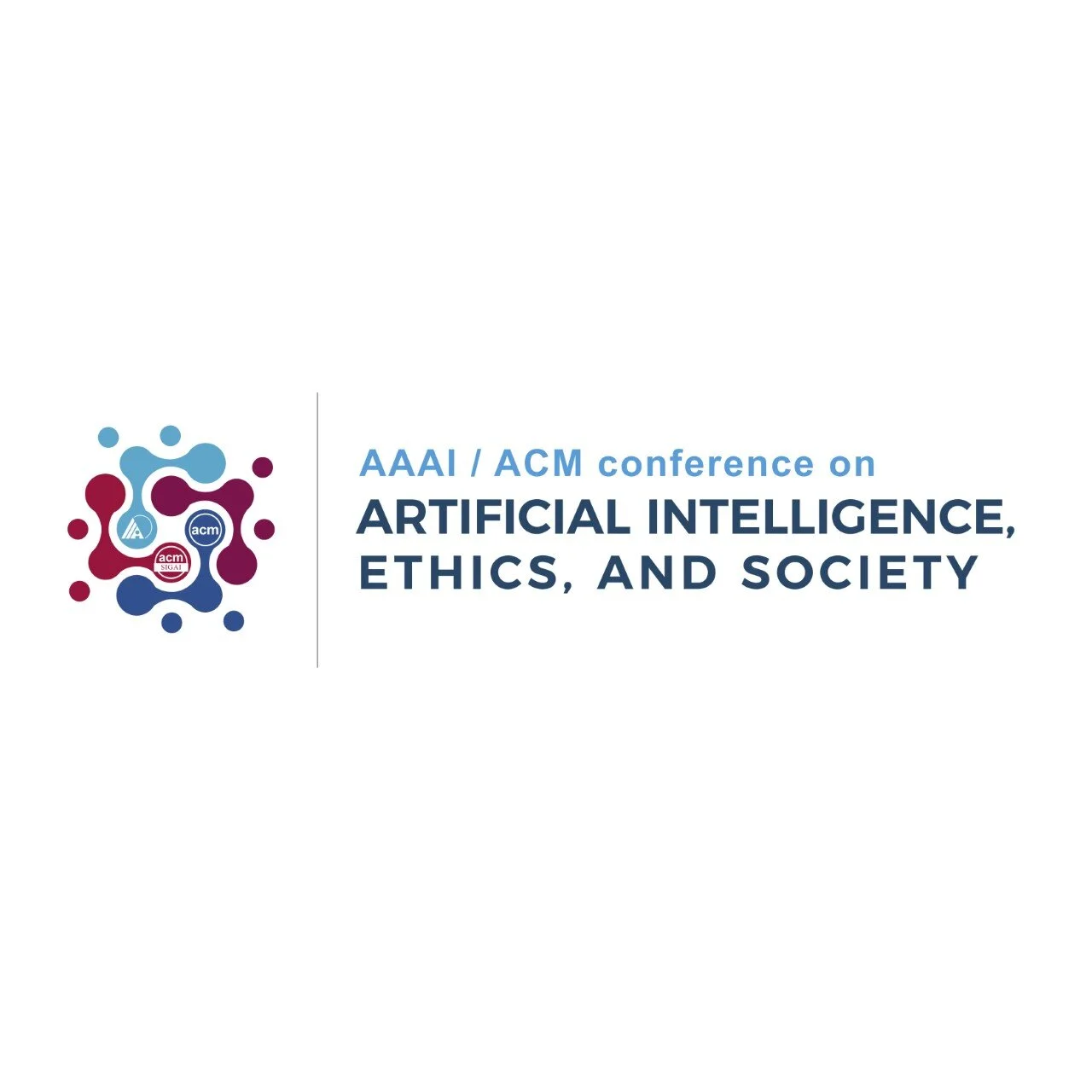Seth Lazar and Christian Barry's co-authored paper, Supererogation and Optimisation, has been accepted for publication by the Australasian Journal of Philosophy. The paper explores principles that might underpin either the demand for altruistic efficiency, or the denial of any such demand.
Read MoreBen Robinson and Antonio Esposito win scholarships for their work on Moral Skill and Ethics for AI respectively.
Read MoreWorld Economic Forum's Quantum Computing Governance Principles programme brings together a global multi-stakeholder community of experts from across public sector, private sector, academia and civil society to formulate principles and create a broader ethical framework for responsible and purpose-driven design and adoption of quantum computing technologies to drive positive outcomes for society.
Read MorePamela Robinson presented ‘Moral Disagreement and Artificial Intelligence’ at AIES'21. Click through for more information.
Read MoreSeth co-chaired the 4th AAAI/ACM Conference on AI, Ethics, and Society, a hybrid conference that took place on 19-21 May 2021.
Read MoreIn this QuantumBlack Australia virtual Meetup, the ethics of artificial intelligence was discussed with the Gradient Institute and HMI. Click through for more information.
Read MoreAnthony Asher, Adam Druissi, Seth Lazar, and Tiberio Caetano presented the online seminar ‘Data Ethics — A Virtual Session’ on the 13th of October 2020. Click through for more information.
Read MoreChristian Barry and Seth Lazar consider what justifies requiring some people to bear costs for the sake of others, in the public health response to COVID-19.
Read MoreSeth Lazar and Colin Klein question the value of basing design decisions for autonomous vehicles on massive online gamified surveys. Sometimes the size of big data can't make up for what it omits.
Read MoreIn March 2020 Seth Lazar presented a paper on machine ethics to an interdisciplinary conference at CMU. His respondent was Professor Jonathan Cohen (Princeton).
Read MoreTo develop morally-sensitive artificial intelligence we have to figure out how to incorporate nonconsequentialist reasoning into mathematical decision theory. This paper, part of a broader project on duty under doubt, explores one specific challenge for this task.
Read MoreSeth Lazar, with Alan Hájek and lead editor Renee Bolinger, co-edited a special issue of leading philosophy of science journal Synthese on 'Norms for Risk'.
Read More











